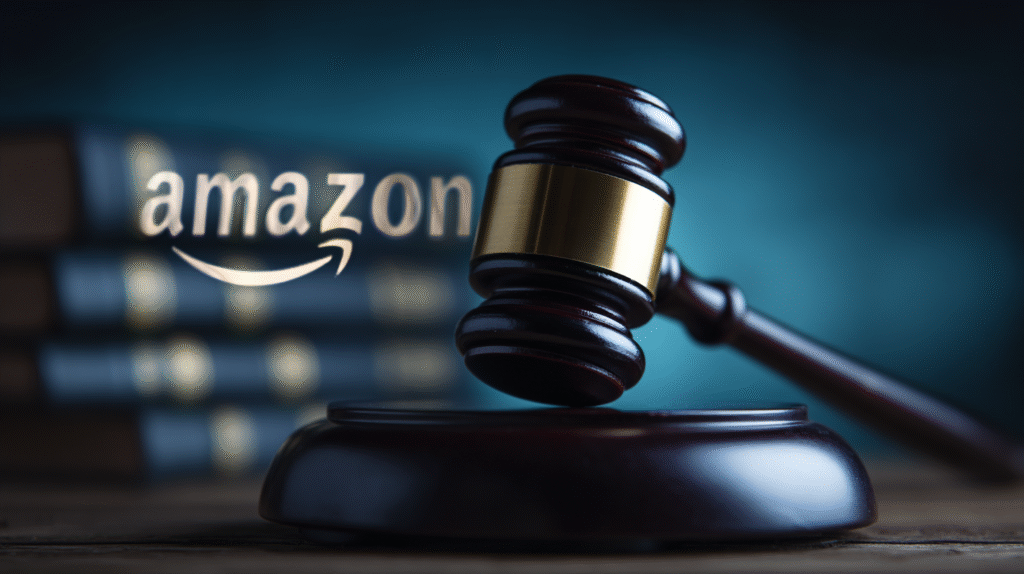
You already know Amazon. Whether it’s ordering last-minute gifts, streaming a favorite show, or getting groceries at lightning speed, almost everyone has used the tech giant in some way. But now, the very service that helped make Amazon a household name—Amazon Prime—is at the center of a heated legal battle.
This week in Seattle, a jury will decide whether Amazon illegally tricked millions of people into signing up for Prime and then made it nearly impossible for them to cancel.
The FTC’s Case
The Federal Trade Commission (FTC) says Amazon knowingly used manipulative website designs, known as “dark patterns,” to push shoppers into Prime memberships. The annual subscription costs $139 per year and has become central to Amazon’s business model. According to the complaint, Amazon buried key details like pricing and automatic renewal in fine print while placing eye-catching buttons to enroll customers with just one click.
Even more, once enrolled, canceling was notoriously difficult. Internally, Amazon even nicknamed its cancellation flow “Iliad,” comparing the process to Homer’s epic poem about the long and grueling Trojan War. To cancel, subscribers were forced through multiple pages, clicks, and confusing options that many simply gave up on.
Judge John Chun, overseeing the case, already ruled that Amazon violated consumer protection law by collecting people’s billing information before disclosing key Prime terms. But he decided that other issues—including whether Amazon’s cancellation system was intentionally deceptive—should be left to the jury.
What’s at Stake
The trial is expected to last about four weeks. If the FTC wins, Amazon could face:
- Significant financial penalties.
- Permanent injunctions requiring it to simplify Prime sign-ups and cancellations.
- Potential accountability for executives who allegedly allowed the practices to continue.
With over 200 million global Prime subscribers, generating an estimated $25 billion annually, the outcome could be massive for Amazon and set a precedent for the entire subscription economy.
Amazon’s Defense
Amazon denies the allegations, saying Prime is popular because customers see it as a good value—not because they were coerced. The company points to improvements in recent years to make signing up and canceling clearer, arguing that the FTC is relying on outdated practices and stretching the law.
Why This Trial Matters
This case is more than just about Amazon. It shines a spotlight on a growing concern: whether digital platforms are designing their services to inform users, or to trap them. A ruling against Amazon could force sweeping changes in how online subscriptions—from streaming services to gym memberships—must present terms, enrollment, and cancellation options.
For millions of subscribers, the trial raises an important question: when you clicked “Join Prime,” was it truly your choice—or the result of a carefully engineered trap?
